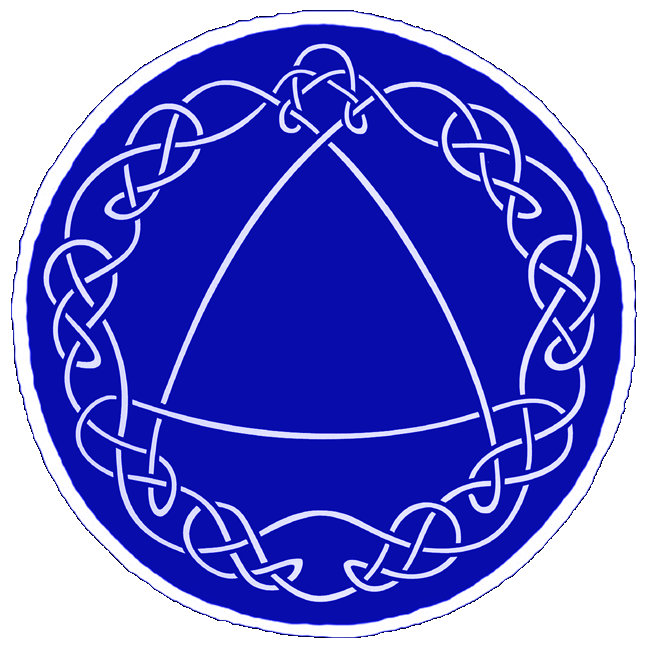Seattle Circle was chartered in 2001 to support the work of a community of people from many backgrounds and disciplines who work together to make music a more vital and meaningful part of our lives and the life of our community. In our individual endeavors, we address a myriad of coordinated and related activities, including guitar instruction, the Alexander Technique, ongoing guitar courses such as the Tuning the Air Weekly Workshop, and other classes and workshops related to performance. There are also performances by the various individuals and ensembles within the community. Since 2005, the primary undertaking has been the creation, development and evolution of a unique production called “Tuning the Air”, which is performed weekly at the Seattle Circle performance studio.
The roots of Seattle Circle go back to 1985 and the first Guitar Craft seminar. Since that time, “Guitar Circles” have come into being all over the world as a way for those who have been involved with Guitar Craft to maintain contact with this approach to music and creativity, and to work together toward incorporating this into our daily lives. Some of these communities are short-lived and exist only for a particular function or project. Others have a longer lifespan. They come and go as necessity demands. There are large groups in Europe and South America, as well in a number of cities in North America.
Seattle Circle can trace its specific history to October 1994 when the eight guitarists from Seattle and elsewhere on the west coast spent an intensive weekend at a cottage in Hood Canal, working together on repertoire and the fundamental exercises established in Guitar Craft. Since then, there has been a steady influx of players and interested non-musicians drawn both from the Seattle community and elsewhere. In 1996-97 there was something of a mass migration of experienced “Crafties” to Seattle. As the group has grown, there have been more workshops, courses, and performances. The first large-scale performance project was 1997’s “Glob Mob Palluzza”, which featured the California Guitar Trio, Tony Geballe, Los Gauchos Allemanes, Trey Gunn and Bill Jannsen. More regular meetings and structured workshops were initiated culminating in the 1998 Guitar Craft Level One, with legendary British guitarist, Robert Fripp.
Part of our mission is to explore possibilities that can only be realized in a stable and permanent community. In 1998 a series of performances called the “Secret Café” took place as an experiment in a kind of 360 degree performance experience. Music with a touch of theatre, and a first foray into the possibilities of a “location based performance team.” From within the growing community a number of performance ensembles have emerged over the years, among them the Seattle Guitar Circle, the Steve Ball Roadshow, Atomic Chamber Ensemble, Lost Pedro and others.
In order to further this work, the non-profit corporation, Seattle Circle, was formed in 2001. A small facility in the Ballard neighborhood of Seattle was leased, and became the center of the community’s activities; workshops, lessons, rehearsals, house concerts and performances. In late 2004, Seattle Circle moved the Non-Profit Annex of Trinity Methodist Church in Ballard. Performances of “Tuning the Air” first took place there every Monday evening from April 2005 through October 2007. The studio also served as a space for rehearsals, lessons and classes that continued to engage the growing community and to draw players interested in this approach to Seattle. In 2008, “Tuning the Air” moved to the Fremont Abbey Arts Center, where it is currently performed every Thursday evening. The “Monthly Open Guitar Circle” takes place at Fremont Abbey as well, which is free and open to all guitarists regardless of experience. Seattle Circle also hosts and facilitates larger scale, residential workshops, such as the 2009 Tuning the Air Performance Project and the Guitar Craft Beginners and Intermediate Course.
Anyone interested in learning more about Seattle Circle, or becoming part of it, can make contact in a number of ways. There is a mailing list for activities, and most sections of the website have specific contacts that can be made directly.
Welcome.

